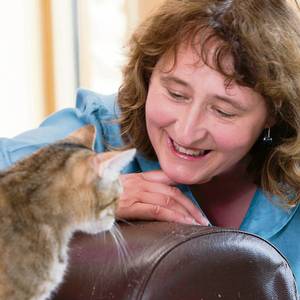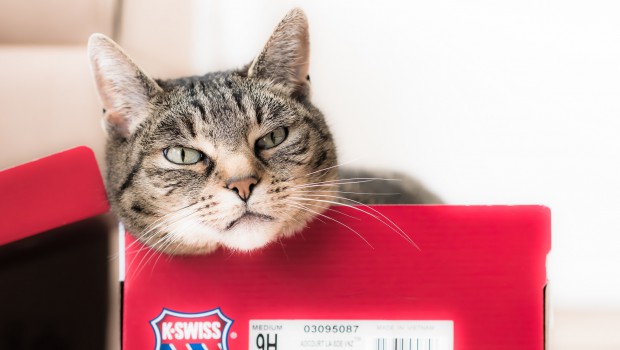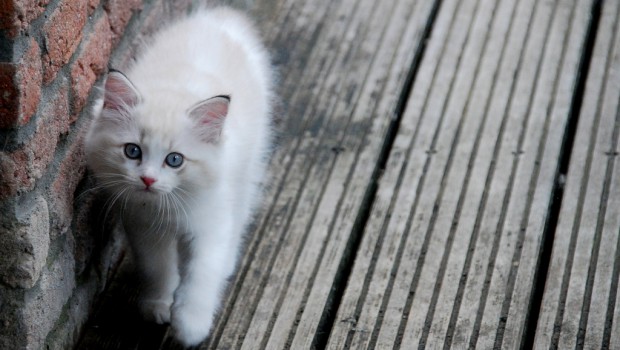Sandra McCune holds a PhD that examined the temperament and welfare of caged cats as well as qualifications in vet nursing and zoology. She knows the answer to why cats like boxes, and the science behind it.
In her current role as the Scientific Leader for Human-Animal Interaction at the Waltham Centre for Pet Nutrition, she manages a large portfolio of collaborative research projects.
These projects cover many aspects of human-animal interaction, in countries including US, UK, Austria, Germany, Sweden and Australia.
In addition to having written research papers and book chapters on several aspects of cat behaviour, cognition, welfare and nutrition, Sandra has lectured and advised many animal shelters, ethologists, animal welfarists, and groups of vets and vet nurses.
Sandra is sought out as a voice within industry and regularly speaks at international conferences on pet ownership issues and the bond between people and pets.
Today we’re talking to Sandra about pet cats, their incomplete domestication, our attachment to them and the behavioural links between wild big cats, and the cat in your home.
We also find out why cats like boxes!
Podcast
Books

McCune, S. (2010) Book chapter: ‘The domestic cat’. In: The UFAW handbook on the care and management of laboratory animals. 8th edition. Longman Scientific & Technical, Harlow.
McCardle, P, McCune, S, Griffin, J A and Maholmes, V (Eds.) (2011) How Animals Affect Us: Examining the Influence of Human-Animal Interaction on Child Development and Human Health. Washington, DC: American Psychological Association Press. 2011
Kurt Kotrschal, Jon Day, Sandra McCune and Manuela Wedl (2013) Human and cat personalities: building the bond from both sides. Chapter 9 In: Dennis Turner and Pat Bateson (Editors) The domestic Cat: The biology of its behaviour. CUP, Cambridge
Publications
Sandra McCune, Katherine A. Kruger, James A. Griffin, Layla Esposito, Lisa S. Freund, Karyl J. Hurley, and Regina Bures. (2014) Evolution of research into the mutual benefits of human–animal interaction, Animal Frontiers vol. 4 no. 3 49-5
Carri Westgarth, Lynne M Boddy, Gareth Stratton, Alexander J German, Rosalind M Gaskell, Karen P Coyne, Peter Bundred, Sandra McCune and Susan Dawson. (2013) Pet ownership, dog types and attachment to pets in 9–10 year old children in Liverpool, UK. BMC Veterinary Research, 9:102
Sandra McCune (1995) The impact of paternity and early socialisation on the development of cats’ behaviour to people and novel objects. Applied Animal Behaviour Science, 45(1–2): 111–126.
Links
Waltham Human-Animal Interaction Research
Waltham Science Publications & Resources
Video – Why cats like boxes
Header image via Flickr:klengel



